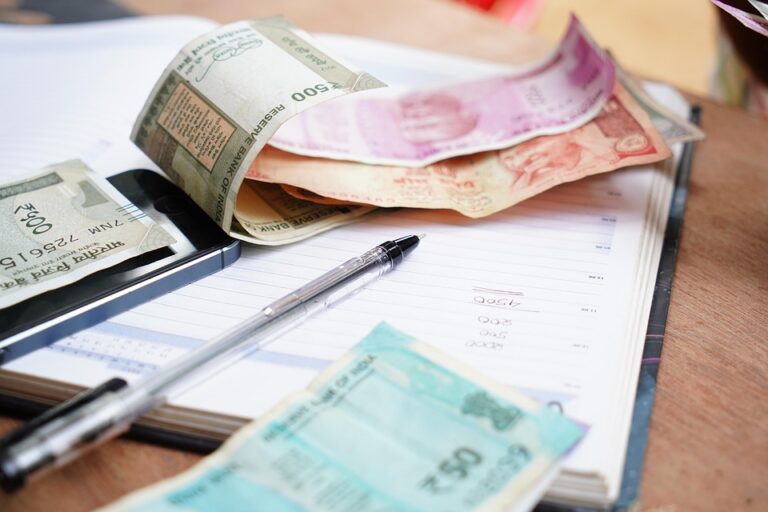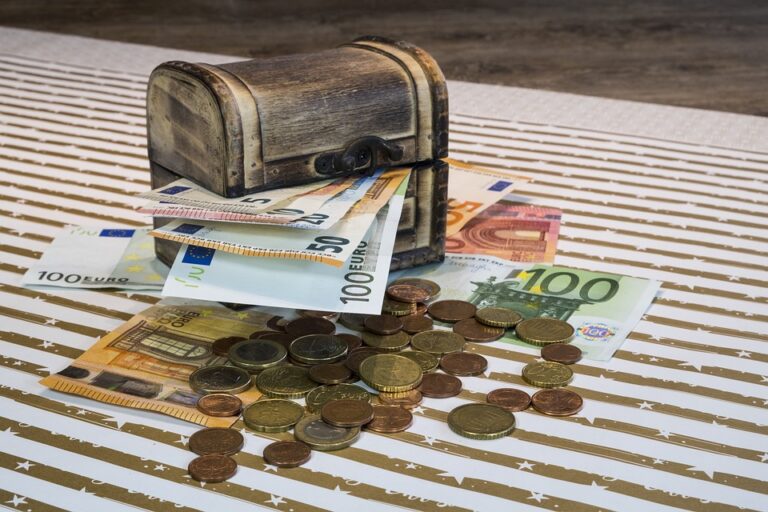Last updated Feb. 8, 2025 by Charles Zemub
In today’s fast-paced world, managing finances effectively is crucial. One tool that continues to be useful for various financial transactions is the money order. A money order is a guaranteed form of payment, similar to a check, but without the need for a bank account. It’s often used for sending money through the mail or making transactions that require secured funds. In this article, we’ll explore where to get a money order and why it might be a suitable choice for you.
Understanding Money Orders
A money order acts as a prepaid, prepaid, negotiable financial instrument for transferring money. Unlike checks, which can bounce if there are insufficient funds, money orders are prepaid and offer a secure way to send money. They are especially valuable when sending funds to someone who doesn’t have a bank account or when a check or credit card isn’t preferred.
Money orders are widely accepted and can be used in a myriad of situations, such as:
- Rent Payments: When landlords require a guaranteed form of payment.
- Mail Transactions: Offering a safe method of sending money.
- Personal Transactions: Ensuring payment in situations where personal checks may not be accepted.
Where to Get a Money Order
When it comes to purchasing a money order, there are several convenient options. You can acquire a money order from a variety of providers, each offering different services, fees, and options. Below is a detailed look at some places where you can obtain a money order:
1. Post Offices
The United States Postal Service (USPS) is a trusted and reliable option for money orders. Available at any post office location, they can be used internationally or domestically. USPS money orders are affordable and come with built-in security features to ensure safe transactions.
- Fees: Generally lower than other places, around $1.30 for money orders up to $500 and $1.75 for amounts between $500 and $1,000.
- Limit: Maximum of $1,000 per money order.
2. Banks and Credit Unions
Most banks and credit unions provide money orders, and they can be a very secure option, especially for account holders. Certain banks may charge higher fees than post offices or retail options, but they offer convenience and security.
- Fees: Fees can range significantly, often between $5 and $10, but they may offer discounts for account holders.
- Limit: Typically, banks provide money orders up to $1,000, the same as the limit set by USPS.
3. Retail Stores
Big-box retailers like Walmart, CVS, and 7-Eleven offer money orders at their customer service desks or financial services sections. Retail locations are convenient due to their extended hours, often making them accessible outside of traditional banking times.
- Fees: Generally competitive, often around $0.70 to $1.00, depending on the retailer.
- Limit: Generally up to $1,000, aligning with other standard money orders.
4. Grocery Stores
Many grocery store chains provide money order services at their customer service counters. These stores offer flexible hours and combine the service with everyday shopping needs.
- Fees: Similar to retail stores, usually around $0.50 to $1.00.
- Limit: Up to $1,000 per money order.
5. Convenience Stores and Gas Stations
Smaller stores and gas stations sometimes sell money orders, offering a practical option for those living in rural areas or far from larger stores.
- Fees: Can be higher than other locations, ranging from $1.00 to $2.00.
- Limit: Often $500 per money order.
6. Check-Cashing Stores
Common in urban areas, check-cashing stores also offer money orders. They are known for providing quick service, though the fees can be higher here.
- Fees: Typically range from $1.00 to $3.00.
- Limit: Up to $1,000.
✓ Short Answer
Money orders can be obtained from various locations, including post offices, banks, retail stores like Walmart, and some grocery stores. Post offices and banks offer security and trust, while retail and grocery stores provide convenience with their extended hours. Fees vary, but are generally low, making money orders a cost-effective option for guaranteed payments. With a typical maximum limit of $1,000 per money order, they are suitable for various transactions, from rent payments to person-to-person transfers. Always keep your receipt as proof of purchase.
Essential Tips for Using Money Orders
- Keep Your Receipt: The receipt included with your money order purchase acts as proof and is necessary if the money order is lost or stolen.
- Fill It Out Immediately: Complete the payee and purchaser sections as soon as possible to prevent theft or fraud.
- Verify the Limitations: Always check the maximum amount you can send per money order, often $1,000.
- Consider the Location: Choose a location that suits your needs, especially if you require extended hours or lower fees.
Safety and Security Considerations
Money orders offer a safe transaction medium, particularly for those without bank accounts. However, it’s crucial to bear in mind a few security measures:
- Avoid Over-Payment Scams: Be wary of fraudsters who might send a counterfeit money order with requests for a refund of the excess amount.
- Use Trusted Services: Prefer well-known institutions like USPS or banks to ensure authenticity.
- Keep Copies: Photocopy your money order and receipt for your records.
How to Cash a Money Order
Cashing a money order is straightforward. Here’s how you can do it:
- Identify a Cashing Location: Banks, post offices, and many retail locations will cash money orders.
- Present Identification: You’ll likely need to show ID such as a driver’s license or state ID.
- Endorse the Money Order: Sign your name on the back of the money order.
- Get Paid: Receive your funds immediately, usually either in cash or as a deposit into your account.
Conclusion
Money orders remain a reliable financial tool, offering security and ease-of-use for various financial needs. Knowing where to purchase and cash a money order can save time, money, and frustration. Whether for paying rent, settling a bill, or transferring funds, money orders provide a viable solution, ensuring guaranteed payment for all parties involved.
FAQs
1. What is the maximum limit on a single money order?
Most money orders have a maximum limit of $1,000.
2. Can I cancel a money order?
Yes, if you have your receipt, you can typically cancel a money order and get a refund, though fees may apply.
3. Are money order fees tax-deductible?
Generally, money order fees are not tax-deductible unless specifically tied to a deductible business expense.
4. Can a money order expire?
Money orders do not expire, but uncashed money orders may incur service fees over time in certain states.
5. Are there age restrictions on buying money orders?
You generally need to be 18 or older to buy a money order, or you might require parental consent.
6. What if I lose my money order receipt?
A lost receipt can complicate refunds; it’s advised to keep it safe. In some cases, you may retrieve details from the place of purchase.
Understanding how and where to obtain money orders prepares you for seamless financial transactions, fostering trust and clarity. Armed with knowledge and preparedness, managing money becomes convenient and safe!


